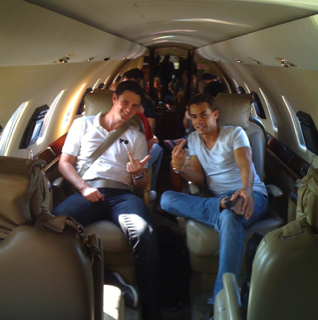"We'll have to see."
/There was so much to enjoy in Tom Watson's post round press conference, but I most enjoyed the jabs at Augusta National and the R&A for over-the-top course changes. Granted, these things have been said many times before by Watson and others, but something about the setting and the magical week transformed these from mere jabs.
Q. With it all said and done, would you have rather gone through this experience at this stage in your career or have the memories be about things you did decades ago?
TOM WATSON: You mean having a chance to win it again?
Q. Yeah.
TOM WATSON: Well, hell, yes. Yeah, darn right. Winning it again was -- as I said, I don't like to go to Augusta anymore because I feel like I'm a ceremonial golfer there; I can't play that golf course anymore unless I'm absolutely perfect. But out here I have a chance. And I knew I had a chance starting out. So, yeah, I'm glad this happened.
Q. Do you think you'll also have a chance at St. Andrews, which is where next year you'll be, of course?
TOM WATSON: Well, it depends on the wind. If the wind comes from the west there, I have a hard time with that golf course. Hole No. 4 gets me. I can't hit it far enough to get it over the junk. You have the rough there, and it depends on how deep the rough is. I'm driving into the rough all the time. It's like the 10th hole at Bethpage Black there at the first U.S. Open; when they moved the tee back, nobody could get to the fairway.
But I feel like I can play St. Andrews. I still have some of the shots to be able to play that golf course. We'll just have to see. We'll have to see.
The fact that a west wind makes the carry at No. 4 nearly impossible does speak to the silliness of these newly installed tees, but also to player perceptions of R&A setup inflexibility.
Speaking of that, did anyone else notice the par-3 tees at Turnberry? All of the divots were in the same general area. The 11th tee appeared to not move more than a five yards over the four rounds.














